It’s no secret that coronavirus has hit the creative industries hard. The Creative Industries Federation has called the pandemic a “cultural catastrophe”, while the latest research suggests that over 400,000 creative jobs could be lost and the UK’s creative industries are projected to lose £1.5 billion a week in revenue this year.
For Nick Chapin, former publishing director at Frieze turned freelancer, the start of the lockdown period meant that most of his freelance work was either cancelled or put on hold indefinitely.
“When my work disappeared I didn’t quite know what to do with myself,” says Chapin. “I started speaking to friends and found so many people were in the same boat. I started to wonder and worry about all the brilliant young artists and creative minds I’ve worked with over the past five years, many of whom live pay cheque to pay cheque.
“There’s no furlough scheme or safety net for most artists. It struck me that there was a huge audience for culture and creativity that suddenly wasn’t able to connect. Galleries were closed, shoots were on hold. I thought there must be some way to get the wheels spinning again,” he adds.
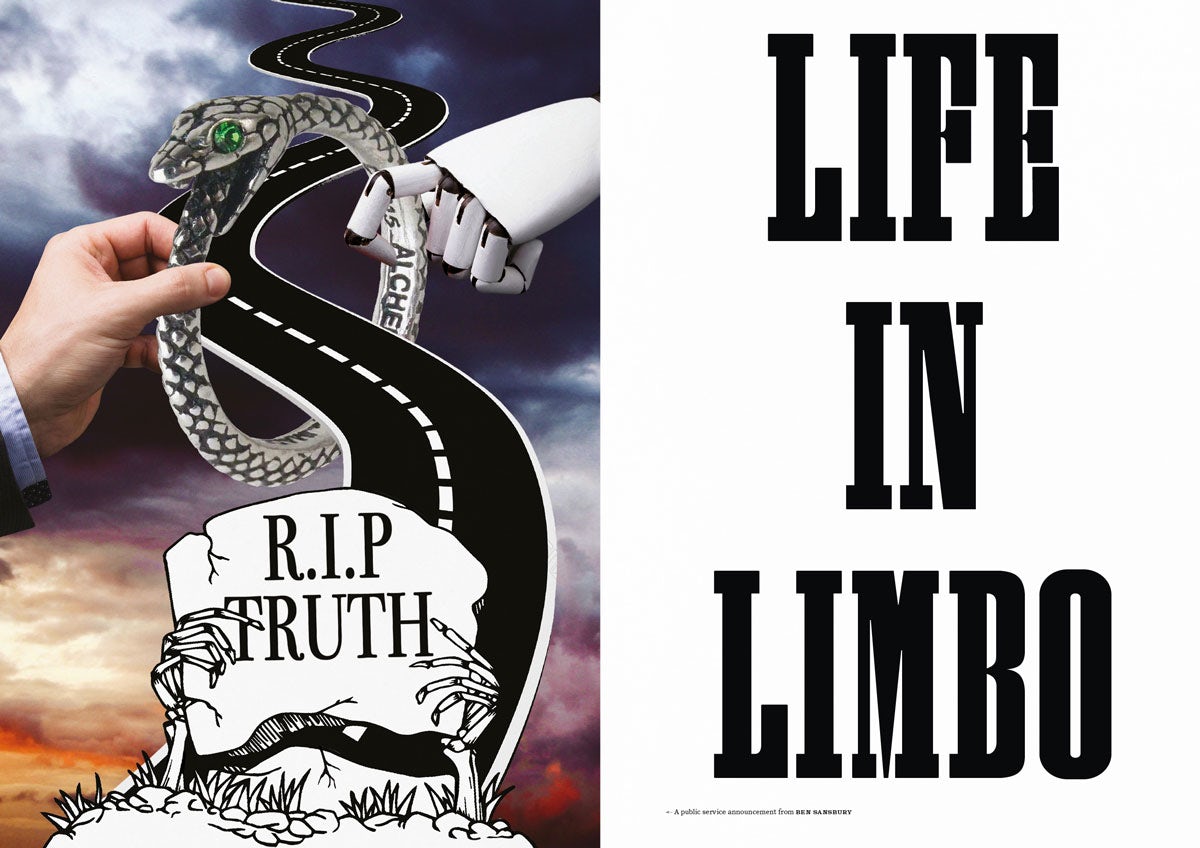
Chapin’s response to this period of uncertainty is Limbo, a new print magazine-cum-cultural time capsule born out of lockdown. Published in partnership with WeTransfer’s editorial platform WePresent, the magazine upends the traditional publishing model by functioning as a profit share business, distributing all profits from advertising and issue sales directly to the contributors featured in the magazine and the staff who produce it.
To bring his vision for Limbo to life, Chapin enlisted the help of editor Francesca Gavin, who has worked with the likes of Kaleidoscope, Dazed and NTS, and David Lane, creative director of Frieze and founder of indie mag The Gourmand.

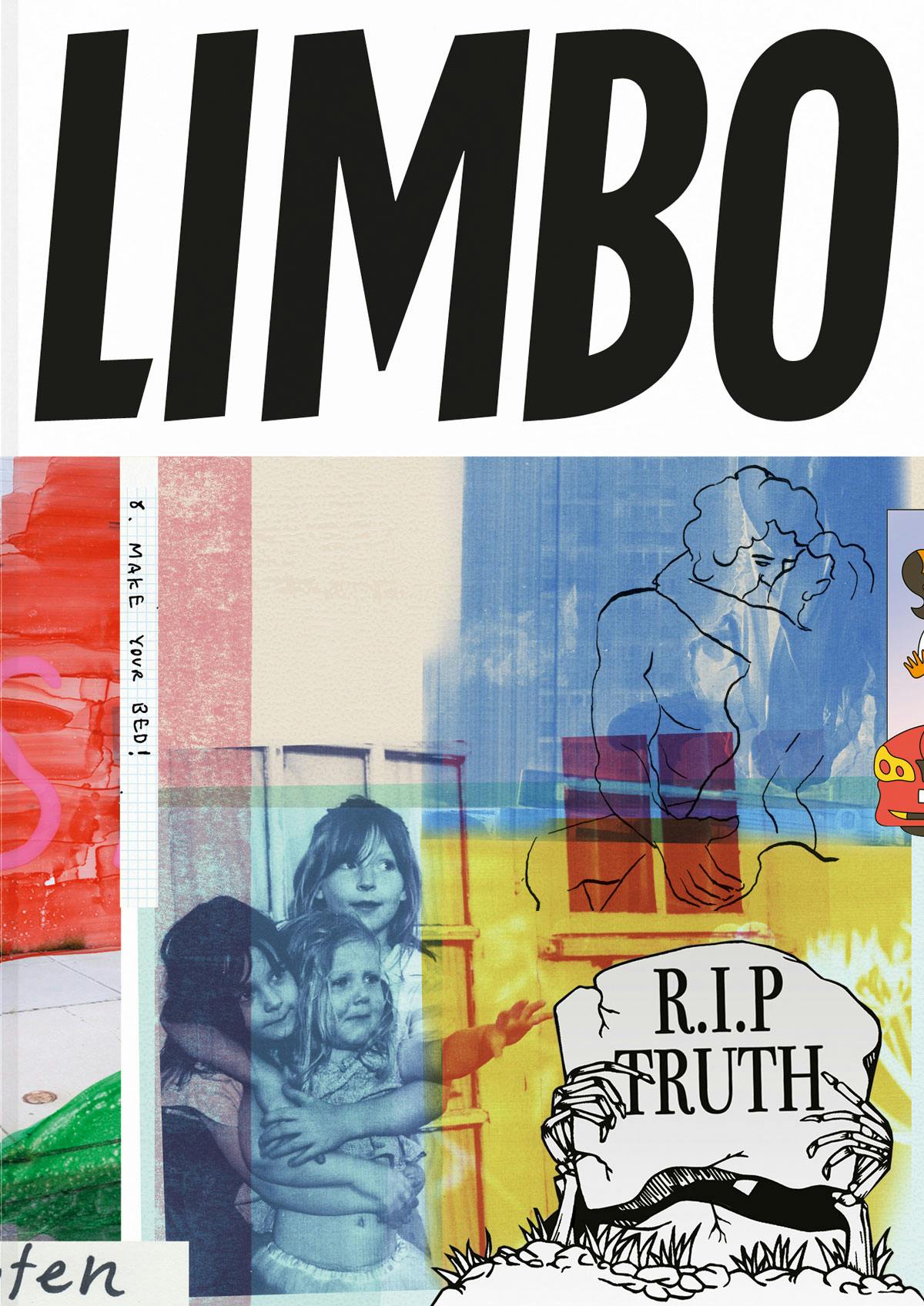
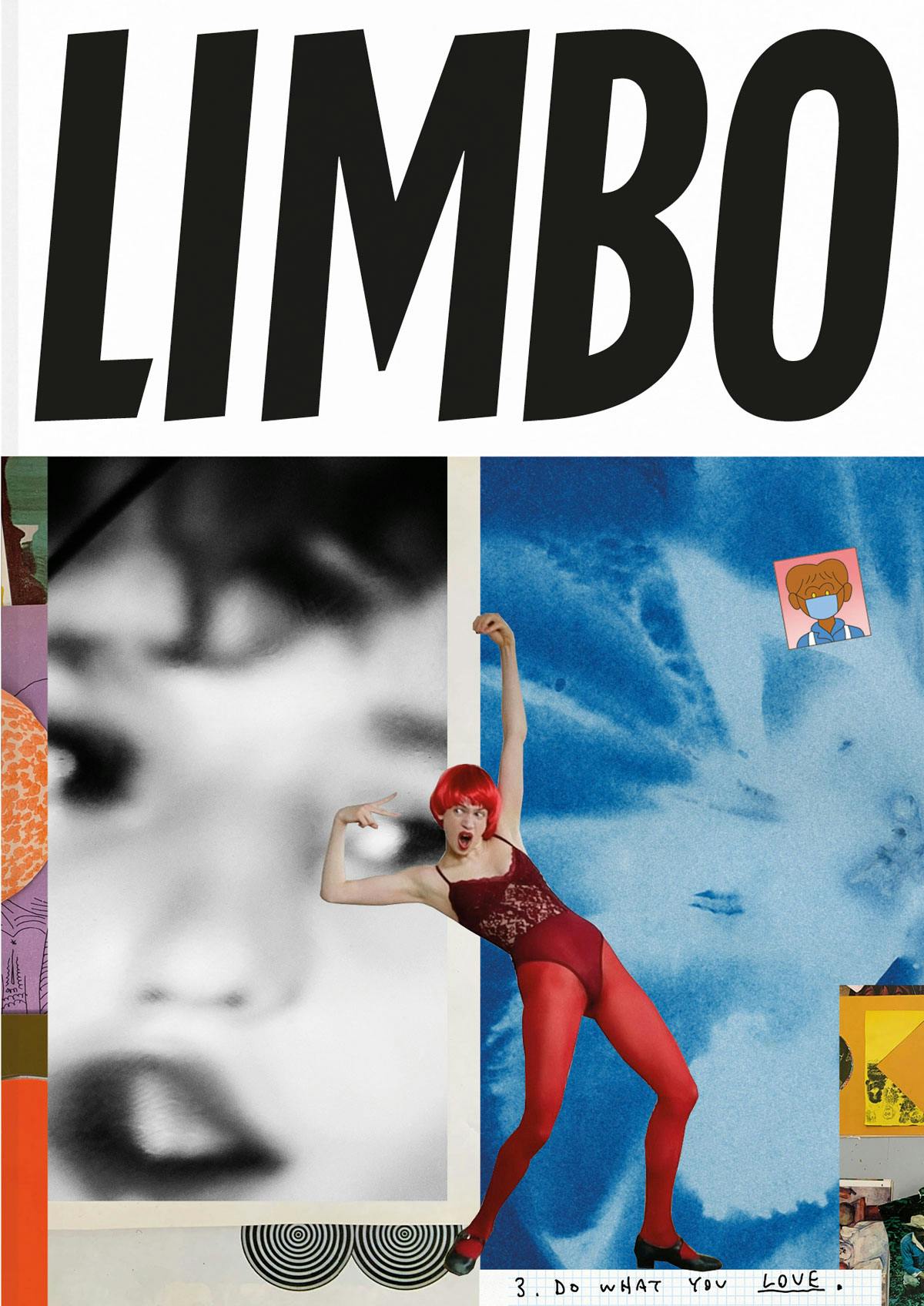
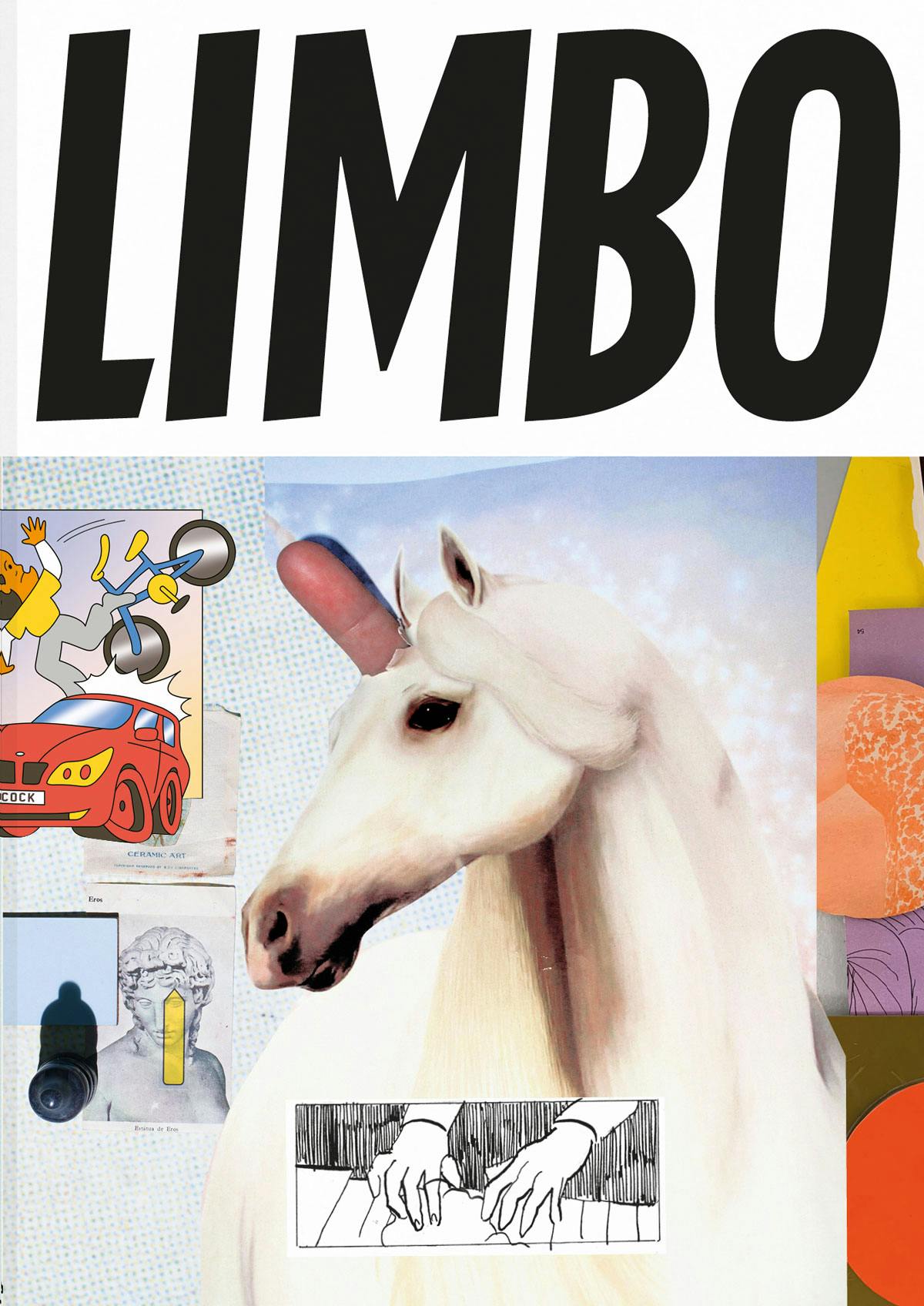
“We knew we wanted the magazine to feel raw and visceral, to be a patchwork of the DIY work people were making, often with new, lo-fi techniques. But we also wanted to evoke the history of magazines; to riff on the cliches of glossy titles, and reference the genius of bedroom publishing from the 90s,” says Chapin.
“Francesca once described Limbo as Smash Hits meets The Face, with the depth of The New Yorker, and the kitsch of a Sunday newspaper supplement. But while there was a lot of intention behind it, the look and feel was also sort of accidental. We gave artists blank pages and let them do whatever they wanted. And we were never once in the room together as a team! So it all came together organically, shaped by the vicissitudes of digital collaboration and the whimsy of the artistic community.”

The inaugural issue features a mixture of art, ideas and humour, acting as a kind of time capsule of the current crisis. A number of well-known creatives, including Vivienne Westwood, Wolfgang Tillmans and Tyler Mitchell, have not only contributed work but also waived their fees, allowing funds to go to the contributors most in need.
Meanwhile, the pricepoint of the mag varies depending on what you are able and willing to contribute. The cover price is £14, or £9 for out-of-work readers, while a £19 option is available for those who want to give more.
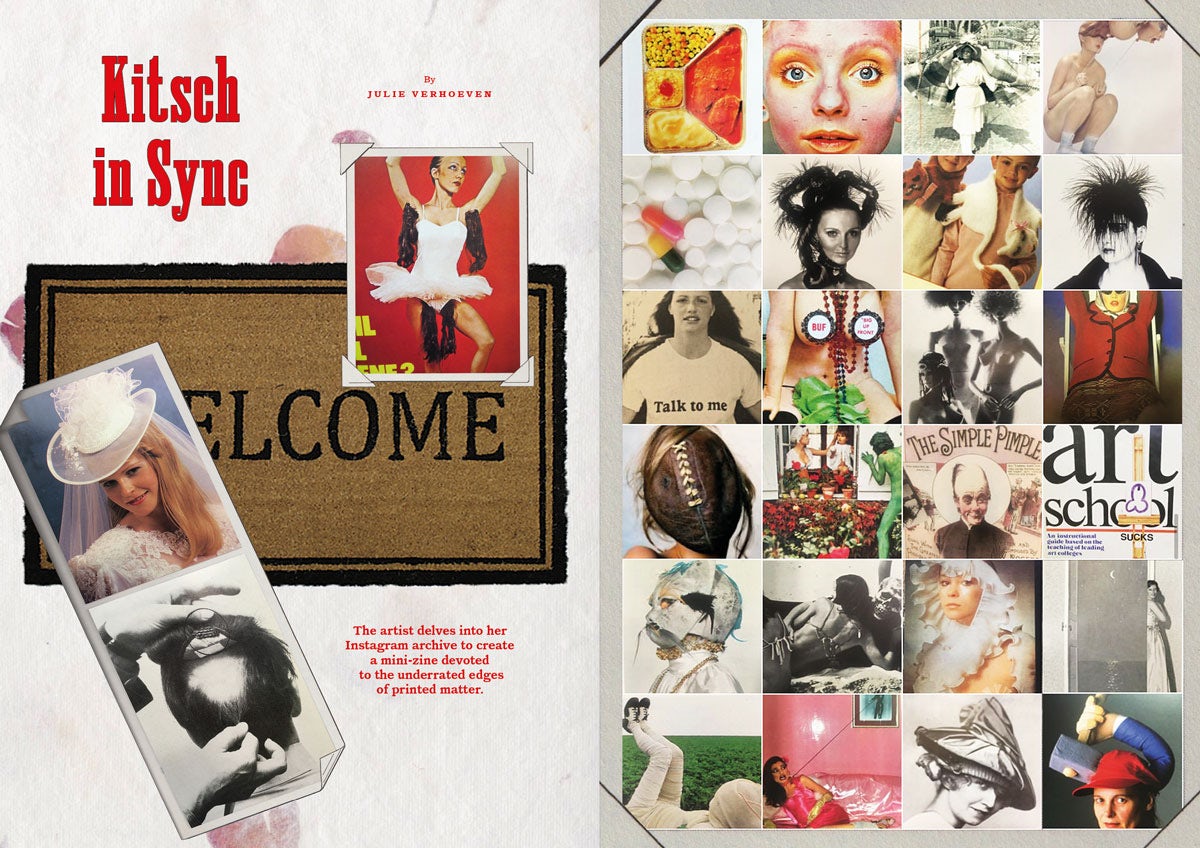
While Limbo very much started out as a response to lockdown, it has quickly grown into something bigger, as it attempts to tackle the broader sense of uncertainty we are all facing right now. Its arrival feels particularly timely given the spate of redundancies and closures that have swept the publishing world over the last few months, including Buzzfeed and most recently the Guardian.
“Publishing, and the creative industries as a whole, are in strange place. It’s certainly not sustainable. Editorial pays very little, if anything at all, and artists certainly don’t get a profit share from Instagram! The idea is you play the game, work for free and, somehow, you make enough to survive. It’s a fragile ecosystem and one that I think is ripe for disruption,” says Chapin.
“We originally imagined this being a one-off, almost more of an art project playing with the idea of a magazine. But the reception has been so positive that we’re now looking at taking it forward as an ongoing title. There seems to be a real hunger for something like this, from both artists and advertisers.”
The first issue of Limbo is out now; limbomagazine.com
The post Good Reads: Limbo is a new kind of magazine for our turbulent times appeared first on Creative Review.
from Creative Review https://ift.tt/3jkxd7h

No comments:
Post a Comment